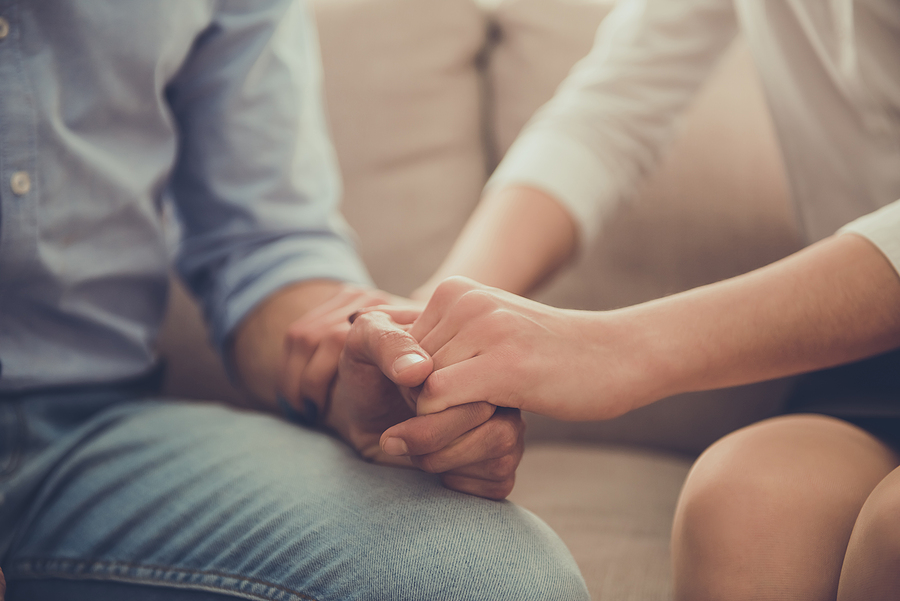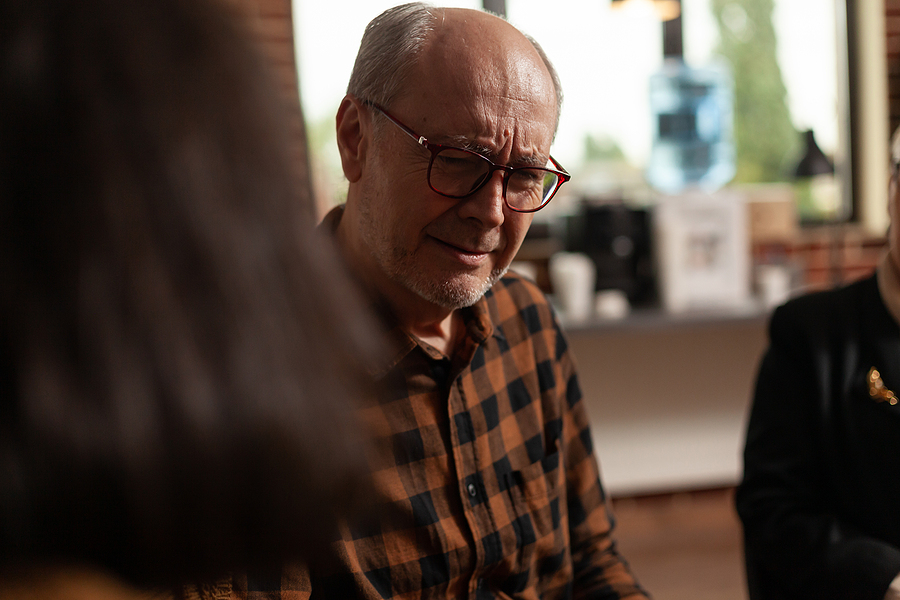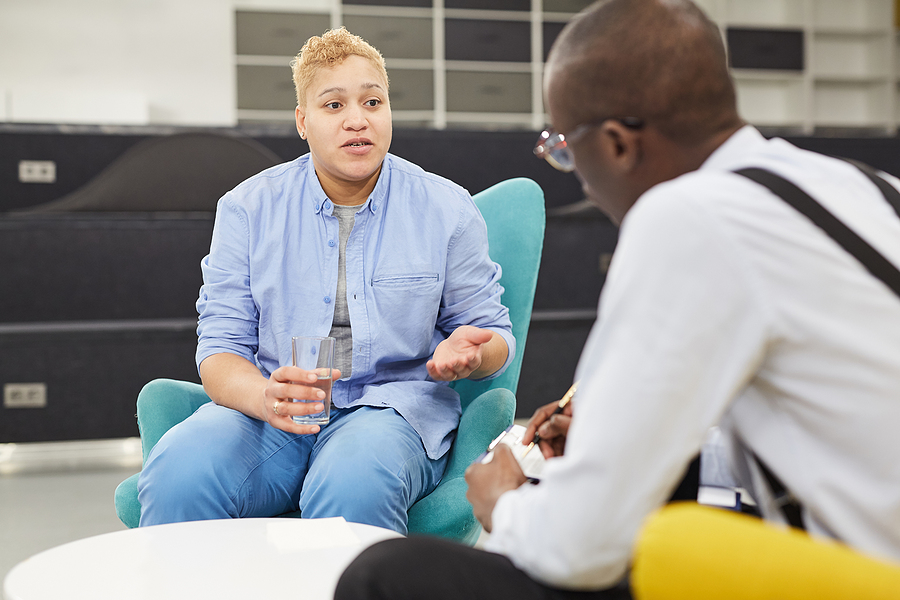Completing an addiction treatment program marks an important step in recovery, but life after treatment requires steady attention and care. Aftercare and support programs help you return to daily life while protecting your progress. Knowing what happens after addiction treatment gives you the foundation to build a stable, sober future.
Transition Back Into Daily Life
Life after treatment brings change. You return to work, family, and community while adjusting to new responsibilities without drugs or alcohol. This period demands structure and planning. An aftercare plan often includes therapy sessions, support groups, and practical adjustments at home. With guidance and planning, you can rebuild a routine that supports sobriety.
Triggers often appear during this stage. Certain people, places, or stressful situations may tempt you to use substances again. By spotting these risks, you gain the chance to prepare for them. For example, if friends or events tied to past use create pressure, you can choose alternatives such as sober activities or group meetings. Building a support network gives you encouragement and accountability. This foundation strengthens your ability to move forward without relapse.
Relapse Prevention Strategies
Relapse prevention protects your progress in your new life after rehab. A strong plan addresses triggers, provides coping tools, and reinforces the skills you gained during rehab. Your plan may include techniques such as relaxation practices, structured communication, or exercises that keep stress under control.
Therapy remains valuable during this time. Cognitive-behavioral therapy helps you recognize harmful thought patterns and replace them with healthier responses. Group programs, such as a 12-step meeting, offer accountability and community. With consistent focus on prevention, you build resilience and strengthen your confidence in sobriety.
Ongoing Therapy and Counseling
Recovery does not end when treatment ends. Therapy and counseling sessions provide continuing support for mental health and emotional growth. Many people discover that substance use connects with trauma, stress, or depression. Regular therapy helps you process these issues while preparing for future challenges.
We also encourage family therapy. Addiction often strains relationships, and healing together restores trust and communication. A therapist guides both you and your loved ones to create healthier patterns. With this continued guidance, you remain equipped to handle stress without falling back into substance use.
Support Groups for Recovery
Support groups at addiction treatment centers give you a community of people who share similar experiences. Programs such as Alcoholics Anonymous (AA) or Narcotics Anonymous (NA) bring structure and support through shared stories and group accountability. Meetings remind you that others face the same struggles, which reduces isolation and builds strength.
The 12-step model guides many of these groups. It emphasizes personal responsibility, service to others, and peer support. Beyond the steps themselves, friendships formed in these groups often last for years and provide steady encouragement. By staying active in a support group, you reinforce your progress and gain motivation from others who understand recovery.
Building a Healthy Routine
Recovery thrives on stability. A daily routine provides structure, reduces temptation, and improves mental health. Regular exercise, nutritious meals, and consistent sleep create balance and energy. These habits strengthen both body and mind, making relapse less likely.
Activities outside of therapy matter as well. Simple hobbies such as reading, painting, or sports help you relax and express yourself. Personal goals also play a part. Small achievements create momentum and purpose, which support long-term recovery. Over time, your routine becomes a foundation that keeps you steady and focused.
Schedule a Consultation with a Treatment Specialist
A consultation with a treatment specialist guides you after formal treatment. Contact Serenity Treatment Centers of Louisiana at (225) 361-8445 to discuss affordable rehabilitation assistance. Specialists review your progress, recommend aftercare options, and design plans tailored to your needs. Outpatient programs, therapy sessions, or group referrals may all be part of this plan.










